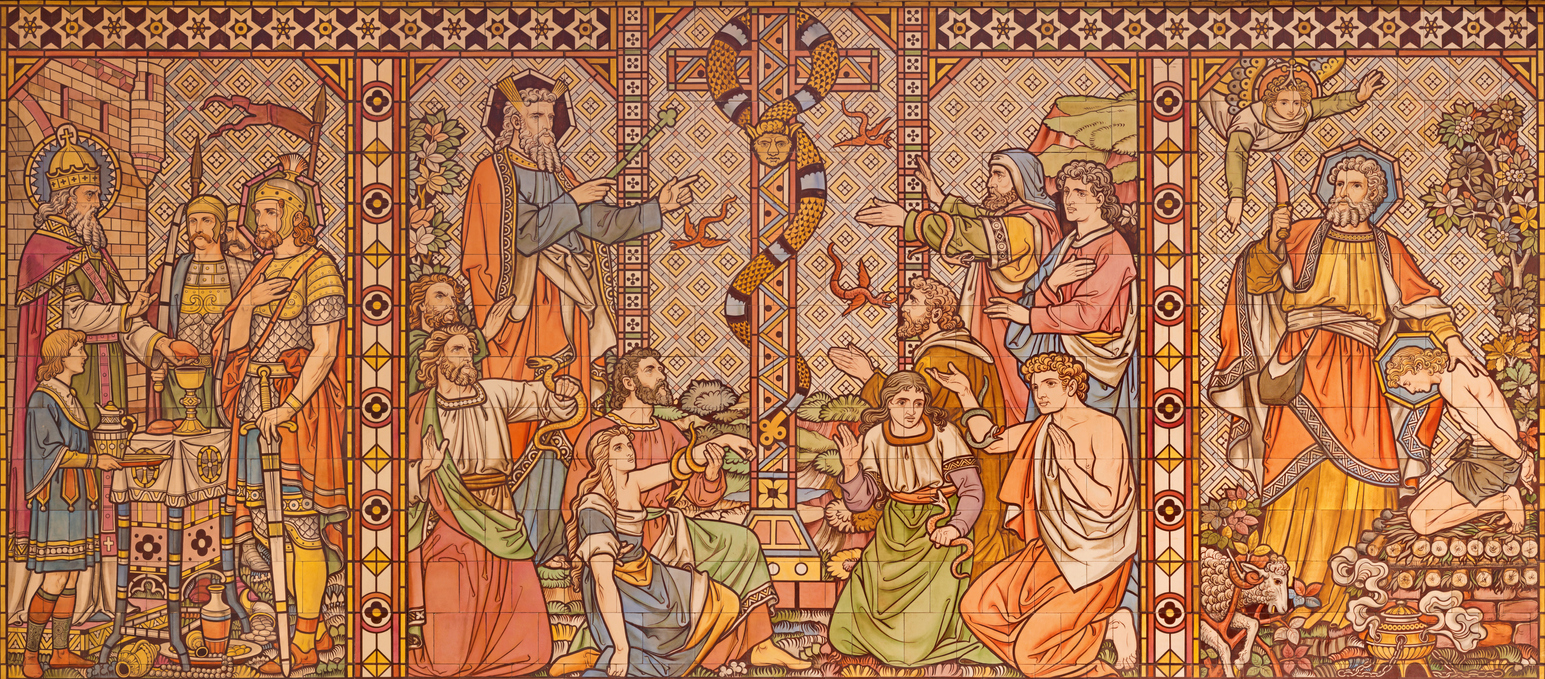Why did the Canon need to come about?

In the previous article we talked about internal scriptural affirmation of New Testament books and we in 2 Peter 15 a mention of people trying to twist Paul’s words. Now if you do not have people watching over the text to preserve and protect it (Like the New Testament does, see more on work on Oral Tradition especially) the text could face corruption. This feeds into the notion of why the church might need to establish a canon. We see in the passages of 2 Timothy and 2 Peter an internal canon building, and in a strong oral culture, it could be quite known them which works were authoritative…but we arn’t there and must investigate backwards! Here we will be investigating then why the early Christians felt compelled to write down a canon. What were their reasons? What challenges caused the necessity for a list of authoritative books?
1. The books were considered prophetic
If traditional authorship is correct, there are events such as the fall of Jerusalem in 70AD, eschatological claims present as well as the life and teachings of Jesus, the man who fulfilled prophecy and predicted events that were to come such as persecution, such as the fall of Jerusalem. To preserve and secure the most important documents, they would write them down as the Jewish scribes have done faithfully among the Jews.
2. The early church needed to know
With the spread of the gospel truth of Jesus Christ, the needs of the early church required that the church had to know which books should be read, revered and applied to the varied and often precarious situations in a generally hostile social and religious environment. It had many problems to address and they needed assurance regarding which books would serve as the source of authority. We see Paul’s essential works on different customs and environments to aid Christians with whom they engage in.
3. There was a rise of heretics
As we first noted in 2 Peter 15, there are those whom would twist the scriptures, this very much plays into the reasoning behind the infamous council of Nicaea we’ll get to later. There were a range of Heretics From Basilides, to Marcion and Valentinus. Moving into the 2nd century they begin to pop up after the times of the apostles and a firm defense and response was required to stamp out their influence. Even though it was well known amongst the Christian brethren of Paul’s letters and the Gospels and Acts were the genuine documents as Peter and Paul both suggest, to outsiders, the outside world or new Christians, how were they to necessarily know what books to trust?
4. The circulation of spurious writings
Many churches used apocryphal books in services and many churches in the east were reading certain books of the New Testament apocrypha in the public services. A decision needed to be made as to exactly what books would be included in the Canon. Some may like the sound of an apocryphal book, but was it life changing and meeting the canons criteria? The Didache is a great summary, but it isn’t the same as the primary eyewitness source document. As for other Christian writings, in a culture where you did not take part in much of the activities, writing was one of the hobbies to be adapted heavily by Christians and some material written was just creative writing or they could write histories, bible commentaries etc. But these were discernible and these authors did not claim canonical status at any point. Any Gnostics justified as such and their teachings were even wildly different from even non-canonical Christian literature.
5. Mission trips
For Christians heading out to other countries, they would need to know what books were essential for the teaching, spreading and the building of new churches in new regions and which ones were to be translated. It’s not a simple process to go from language to language. Many christians appreciate the textbook Systematic Theology, but they’d all pick their New Testament books over that if it were a case of having it in your own language.
6. Persecution.
The edict of Diocletian AD303 called for the destruction of sacred books of the Christians. Who would die for a book that was perhaps religious, but not sacred? Christians needed to know which books were truly sacred. This edict would cause Christians to consider what was sacred. The Christians try to salvage as much of their sacred literature as possible by turning over to them less important texts that were not considered sacred and this would be these apocryphal or other Christian writings.
0 Comments